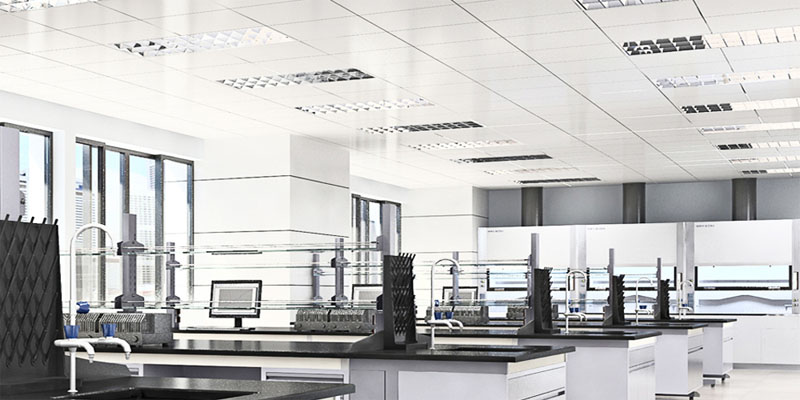SK Innovation is speeding up realignment of its business portfolio by expanding its production capacity for electric vehicle (EV) batteries.
Late last month, the company finished expanding its battery manufacturing capacity from 0.8 GWh to 1 GWh at its plants in Seosan, South Chungcheong Province. This expansion allows the company to manufacture batteries for 40,000 EVs each year.
The nation's top refiner has in recent years pushed for a business transformation as part of its efforts to tackle growing market uncertainties and find new revenue sources, such as the EV battery business.
In July last year, SK Innovation doubled its annual battery manufacturing capacity, allowing the firm to double its battery output to equip 30,000 EVs. The latest move reflects the company's growing foothold in the global EV battery market, as it came only about eight months after the firm expanded its capacity.
SK Innovation is regarded as a latecomer in terms of the promising EV battery market, as it faces fierce competition against local battery giants including LG Chem and Samsung SDI.
"We will generate tangible results this year over our plan to establish EV battery plants in China," SK Innovation Vice Chairman Chung Cheol-gil told reporters in April. He also stressed that the EV battery market is still in its infancy, so the company will continue pushing for a larger market share on a long-term basis.
In particular, the Chinese battery market is the talk of the battery industry, as LG Chem and Samsung SDI face an uncertain outlook in China as battery manufacturers must be certified to receive subsidies from the government there.
SK Innovation previously posted an earnings surprise in the second quarter when it reported 1.12 trillion won in operating profit, up 12 percent from a year ago. This was the second-largest since it posted a 1.35 trillion won operating profit in the first quarter of 2011. The company attributed the growth to the stable profitability of its petrochemical products business.
But so far, its EV battery business is taking up only a small portion of profits, as the firm reported 61.4 billion won in sales for its lithium-ion battery separators (LiBS), the key component for EV batteries. The company is pushing to increase the profit share in its battery business as part of its strategy to find new growth engines and reduce its heavy reliance on the petrochemical business.
In a recent conference call, SK told investors that the global LiBS market is expected to grow 16 percent on average each year up to 2020, backed by increasing popularity of EVs.
